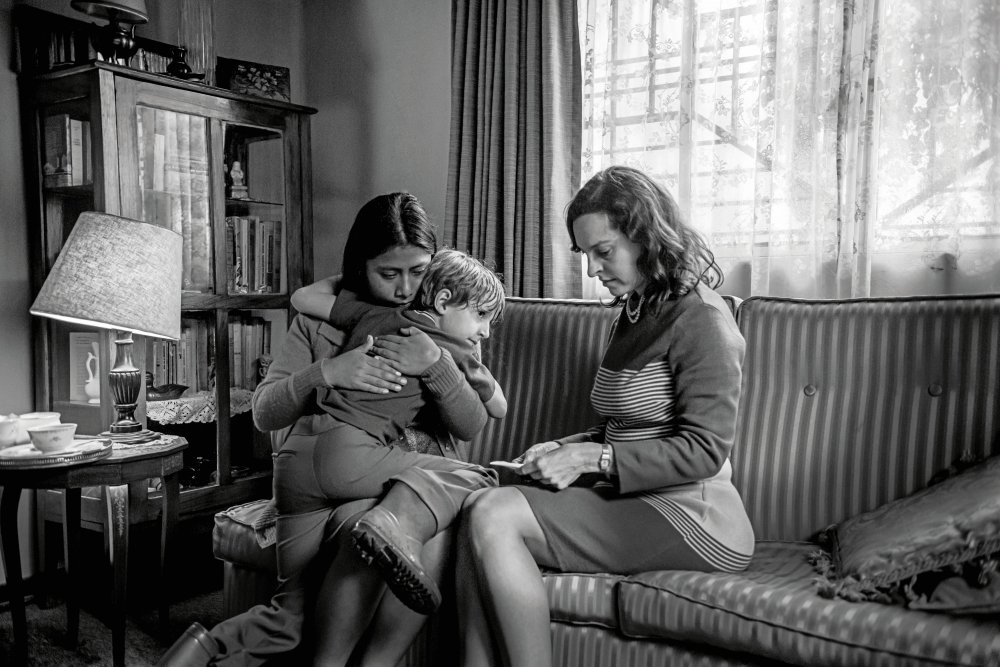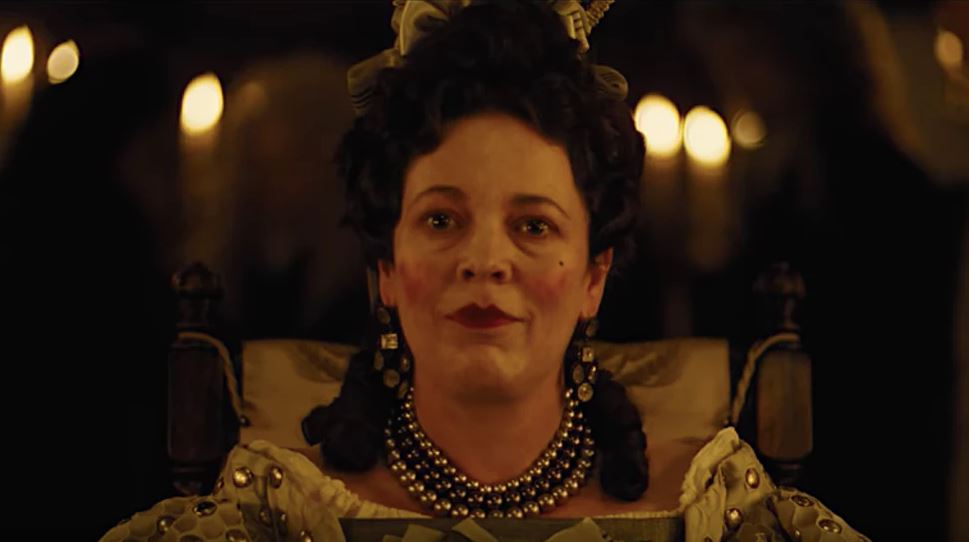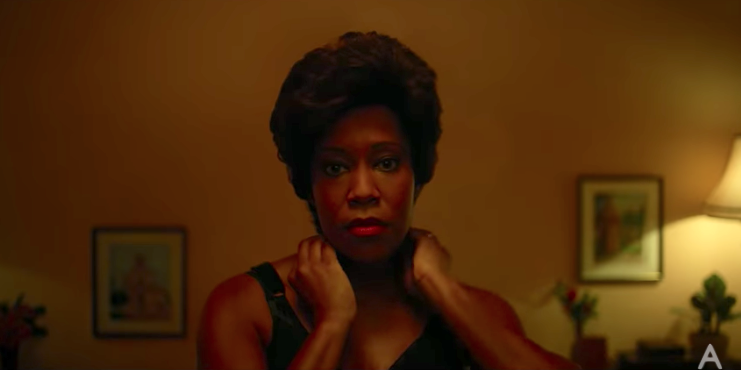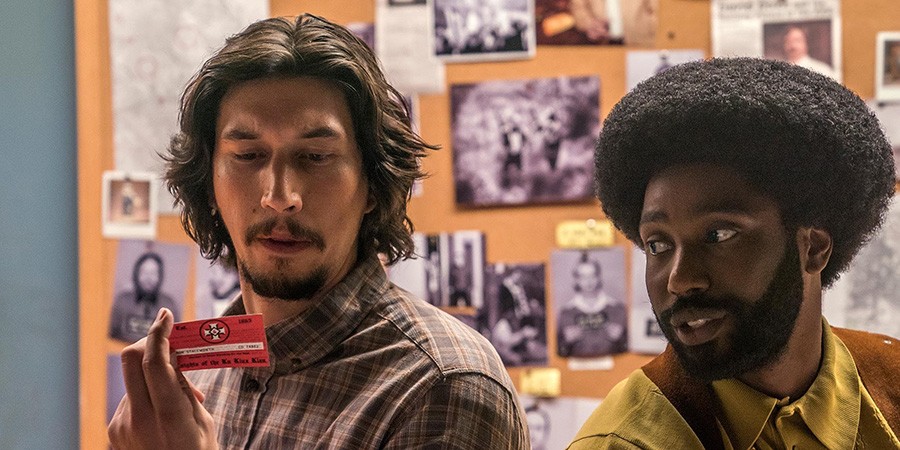Oscars 2018: Prediction Roundup

We’ve spent the past six posts analyzing the 21 feature awards to be handed out at this year’s Oscars. Now, in a selfless exercise of service journalism, this post synthesizes all of our predictions and preferences in one handy, annotated location. (Sorry, I ignore the shorts.)
Best
Actor
Will win: Rami Malek—Bohemian Rhapsody (confidence: 4/5)
Should win: Viggo Mortensen—Green Book
Worst omission: Jonathan Pryce—The
Wife
Best
Actress
Will win: Glenn Close—The Wife (confidence: 3/5)
Should win: Olivia Colman—The Favourite
Worst omission: Thomasin Harcourt
McKenzie—Leave No Trace Read More




